Revisiting the Georgetown Agreement: Comparative Regionbuilding in Africa, the Caribbean, and the Pacific
Bridgetown, Barbados
Date of publication: May 2019
The 1975 Georgetown Agreement established the African, Caribbean, and Pacific (ACP) Group of States. The Group comprises Cuba and the 78 African (48), Caribbean (15), and Pacific (15) countries which are signatories to the Cotonou Agreement, an accord between the ACP and the European Union (EU) signed in 2000.
In a bid to contribute to region-building efforts in Africa, the Caribbean, and the Pacific; to revisit the Georgetown Agreement; and to examine the post-Cotonou negotiations, the ACP secretariat in Brussels, Belgium; CARICOM in Georgetown, Guyana; and the Institute for Pan-African Thought and Conversation (IPATC) at the University of Johannesburg in South Africa, in collaboration with the Shridath Ramphal Centre at the University of the West Indies (UWI), held a two-day High-Level Consultation in Barbados on 26 and 27 March 2019, titled “Revisiting the Georgetown Agreement: Comparative Region-Building in Africa, the Caribbean, and the Pacific”. About 35 diplomats, scholars, and civil society actors across the three regions discussed carefully selected topics over the two days around five broad themes: Region-Building in the Caribbean; Continental Regionalism: The African Union (AU); Regionalism in West, East, and Southern Africa; Regionalism in the Pacific; and Regionalism and the Future of ACP-EU Relations. This report is based on discussions at the meeting, as well as the conference concept paper.
Download PDF for further information:
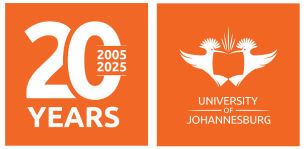







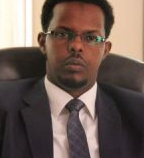
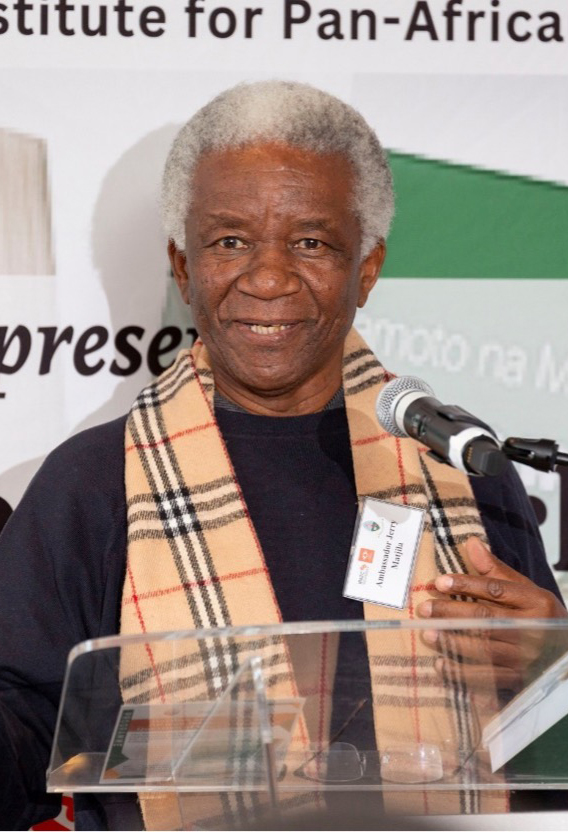


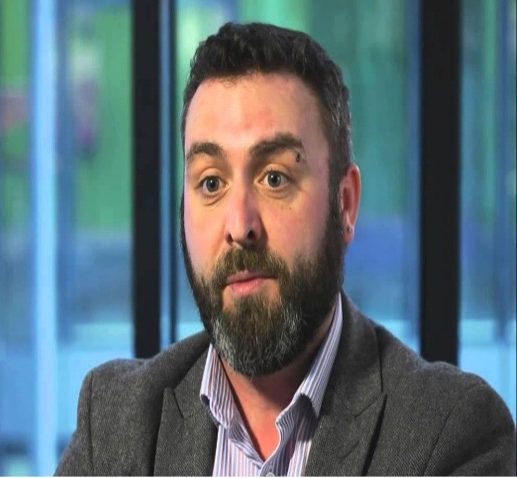



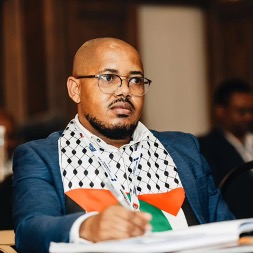



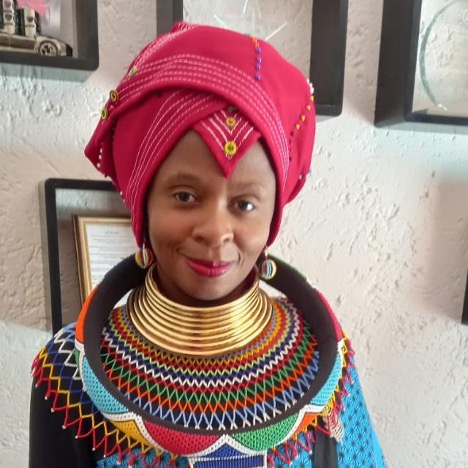


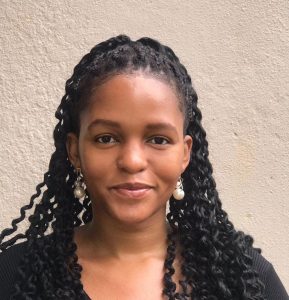

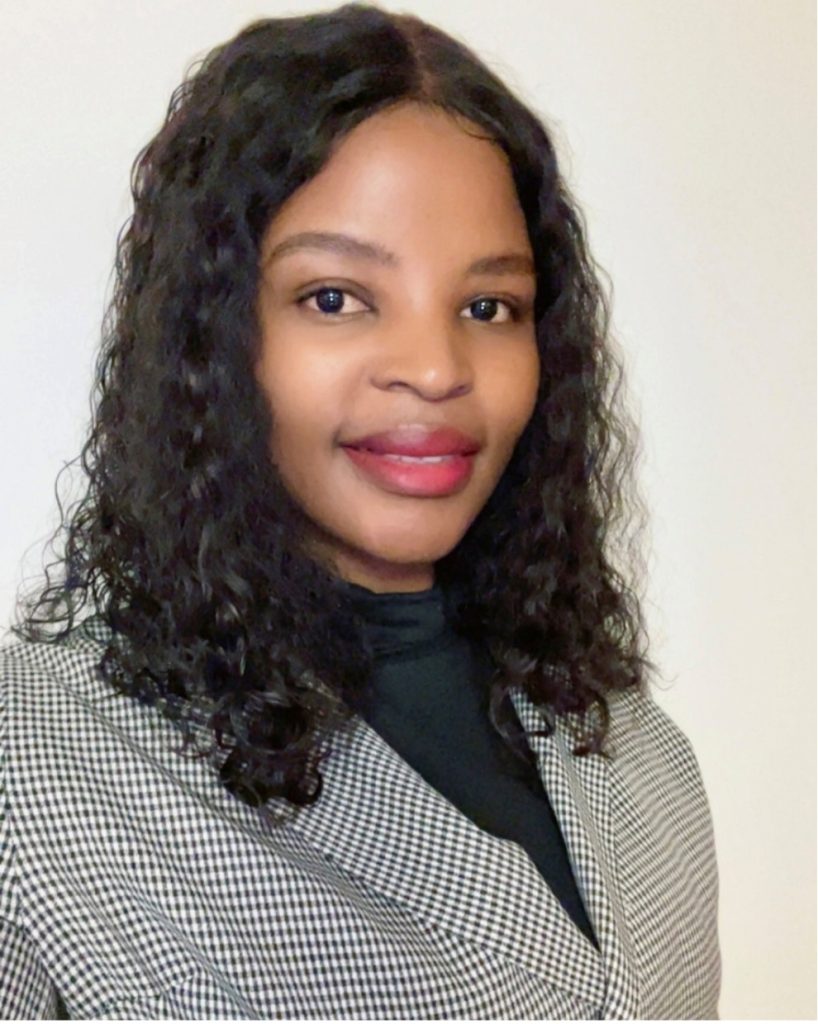
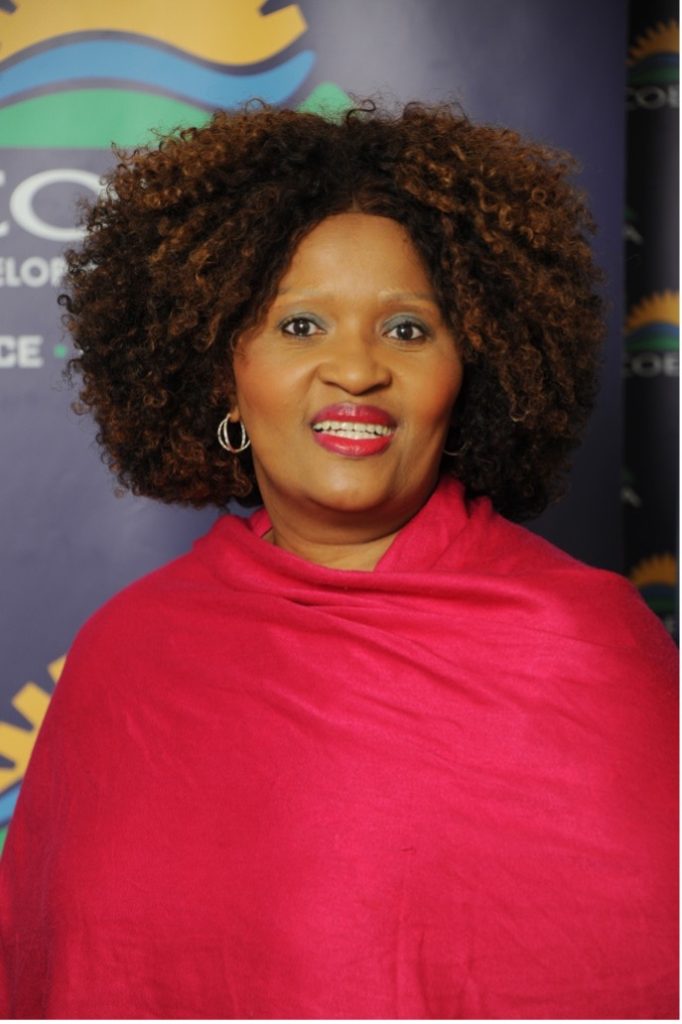





























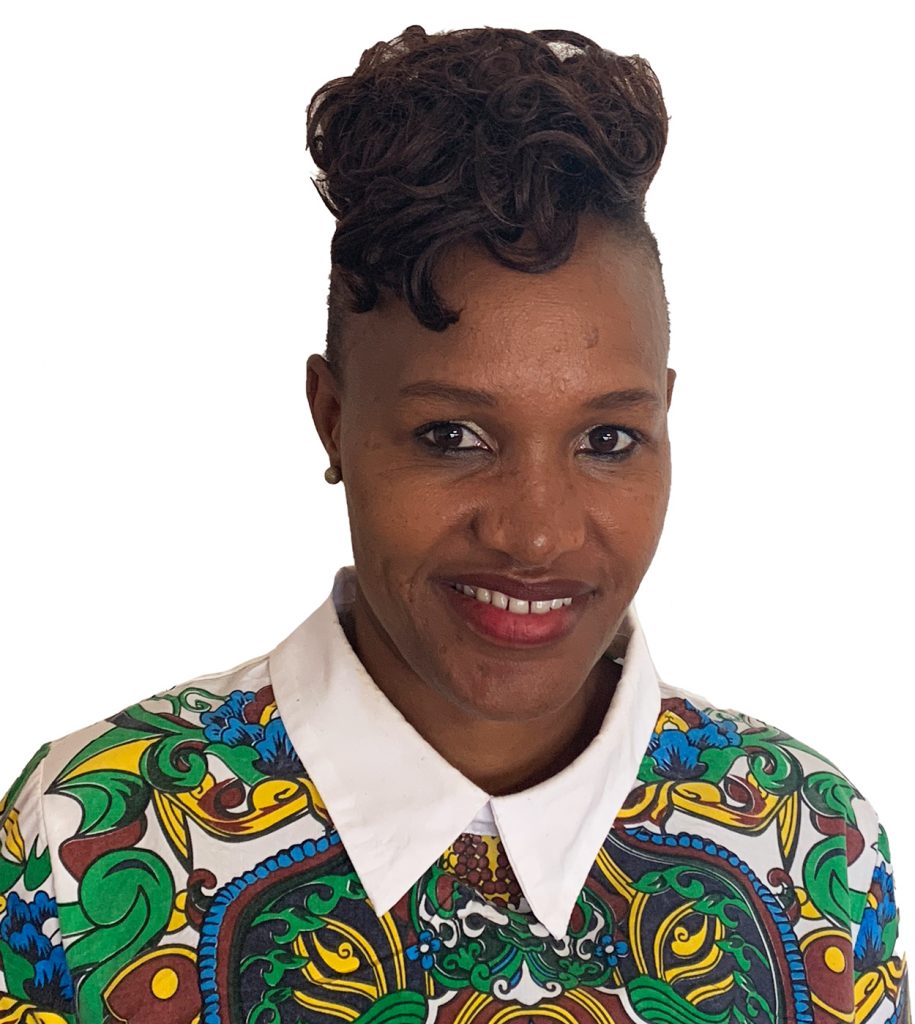

 Ms Zoliswa Ntsoko (South Africa) is the Institute’s Administrative Assistant who assists with general administration and research. She is a seasoned professional with a background in Disaster Management. She holds an Advanced Diploma in Management from Milpark Business School, and a Post Graduate Diploma in Public Management from Regenesys Business School. She also holds certificates in Project Management, and in Disaster Management. Previously, she has worked as a Disaster Management Specialist at the City of Johannesburg – Disaster Management Centre.
Ms Zoliswa Ntsoko (South Africa) is the Institute’s Administrative Assistant who assists with general administration and research. She is a seasoned professional with a background in Disaster Management. She holds an Advanced Diploma in Management from Milpark Business School, and a Post Graduate Diploma in Public Management from Regenesys Business School. She also holds certificates in Project Management, and in Disaster Management. Previously, she has worked as a Disaster Management Specialist at the City of Johannesburg – Disaster Management Centre. Ms Cecilia Lwiindi Nedziwe-Moyo is the Research Coordinator at the Institute for Pan-African Thought and Conversation. She previously served as a Regional Coordinator at the Centre for Peace Initiatives in Africa (CPIA) in Zimbabwe between 2007 and 2013. She completed her master’s degree in International Studies, Peace, and Conflict Resolution at the University of Queensland in Australia as a Rotary Peace Scholar. She has just completed her doctoral studies at Rhodes University. Her areas of interest include: gender, foreign policy, regional organisations and conflict resolution.
Ms Cecilia Lwiindi Nedziwe-Moyo is the Research Coordinator at the Institute for Pan-African Thought and Conversation. She previously served as a Regional Coordinator at the Centre for Peace Initiatives in Africa (CPIA) in Zimbabwe between 2007 and 2013. She completed her master’s degree in International Studies, Peace, and Conflict Resolution at the University of Queensland in Australia as a Rotary Peace Scholar. She has just completed her doctoral studies at Rhodes University. Her areas of interest include: gender, foreign policy, regional organisations and conflict resolution.



 Ms Thembeka Somtseu is a seasoned professional with a background in the textile and construction sectors. She holds a National Diploma in Business Administration from the Durban University of Technology, and studied Development Communication and Media Studies at the University of the Witwatersrand. She worked as a corporate communications specialist for more than ten years, serving in both local and multinational companies.
Ms Thembeka Somtseu is a seasoned professional with a background in the textile and construction sectors. She holds a National Diploma in Business Administration from the Durban University of Technology, and studied Development Communication and Media Studies at the University of the Witwatersrand. She worked as a corporate communications specialist for more than ten years, serving in both local and multinational companies.